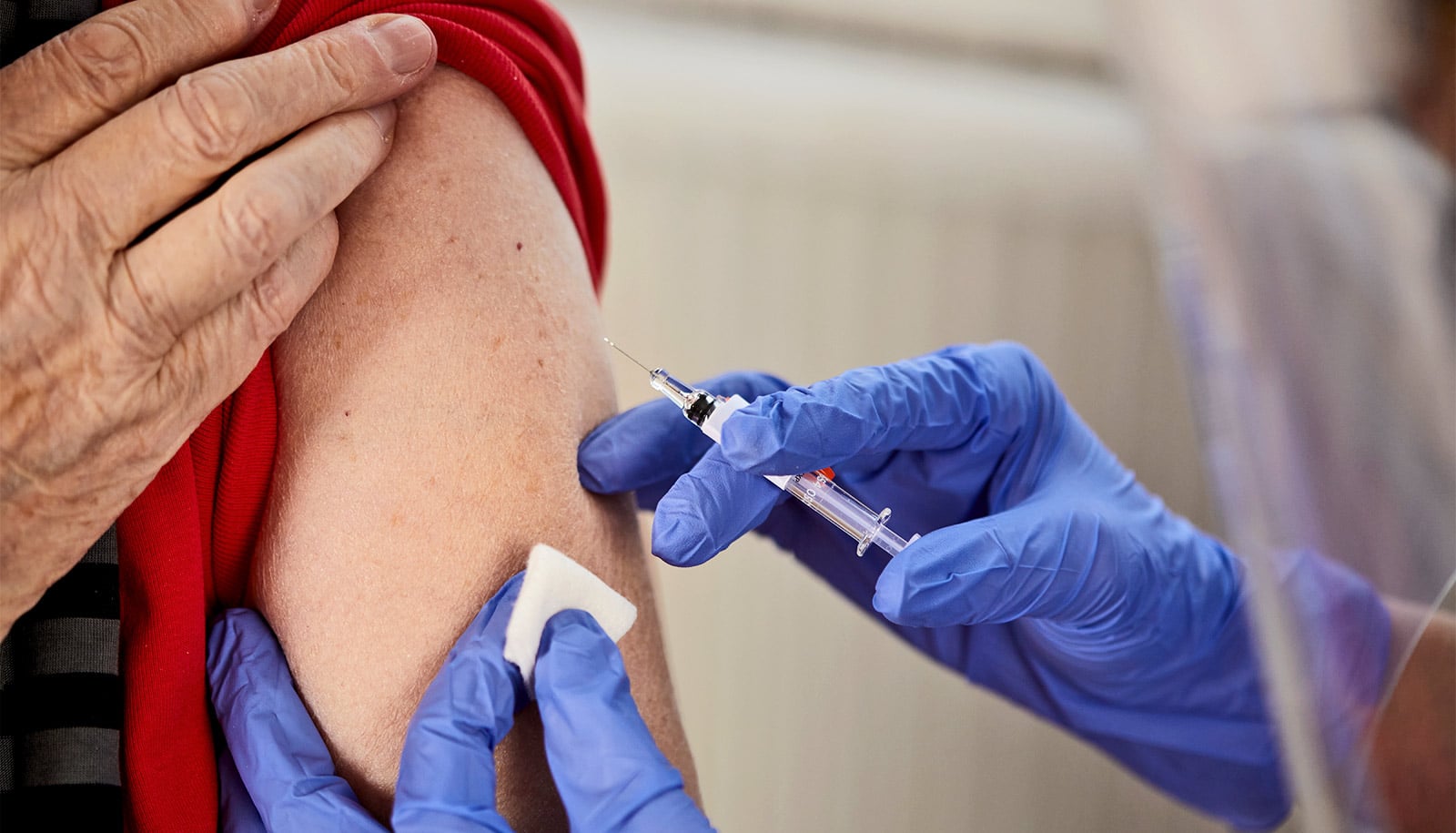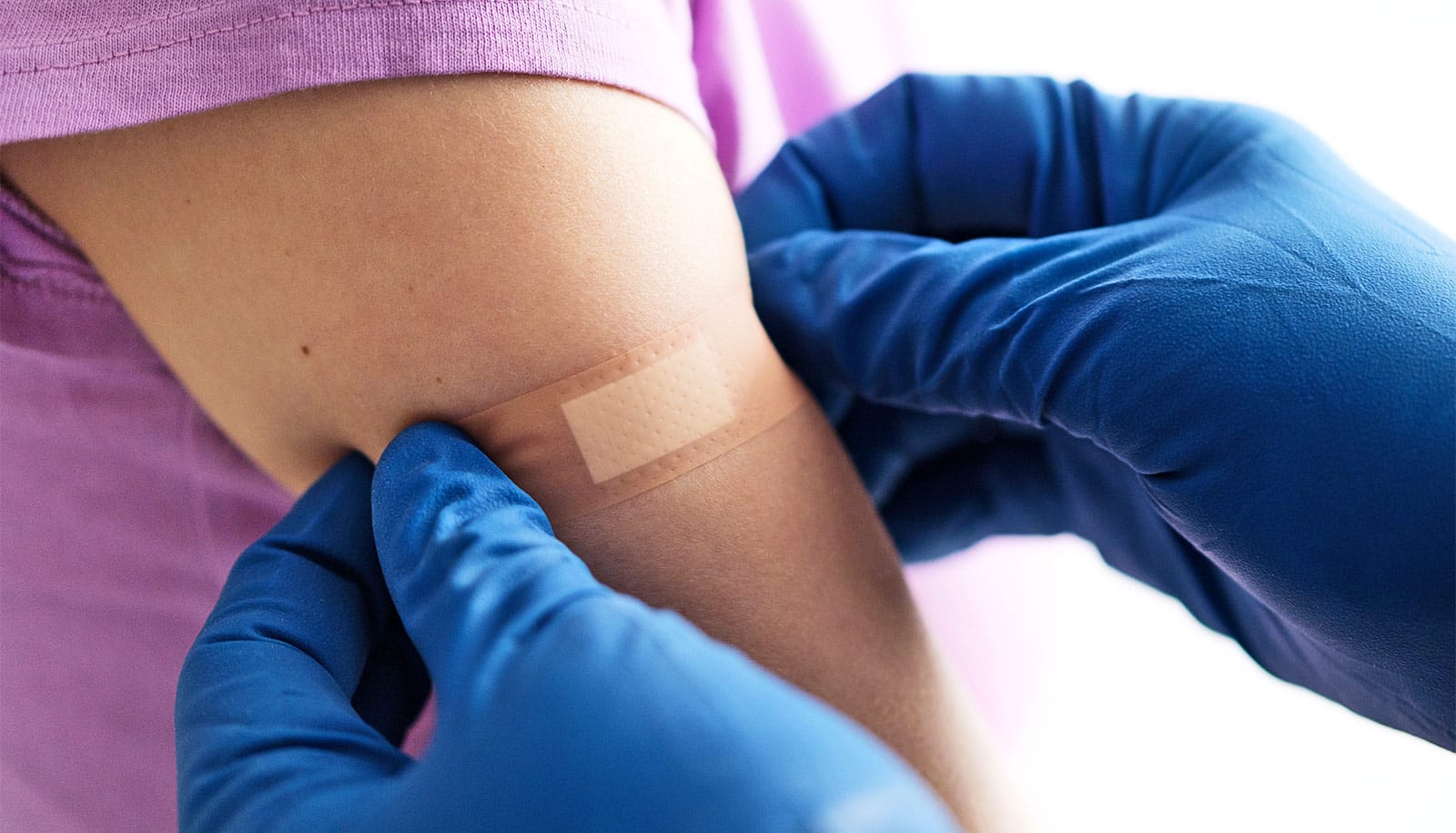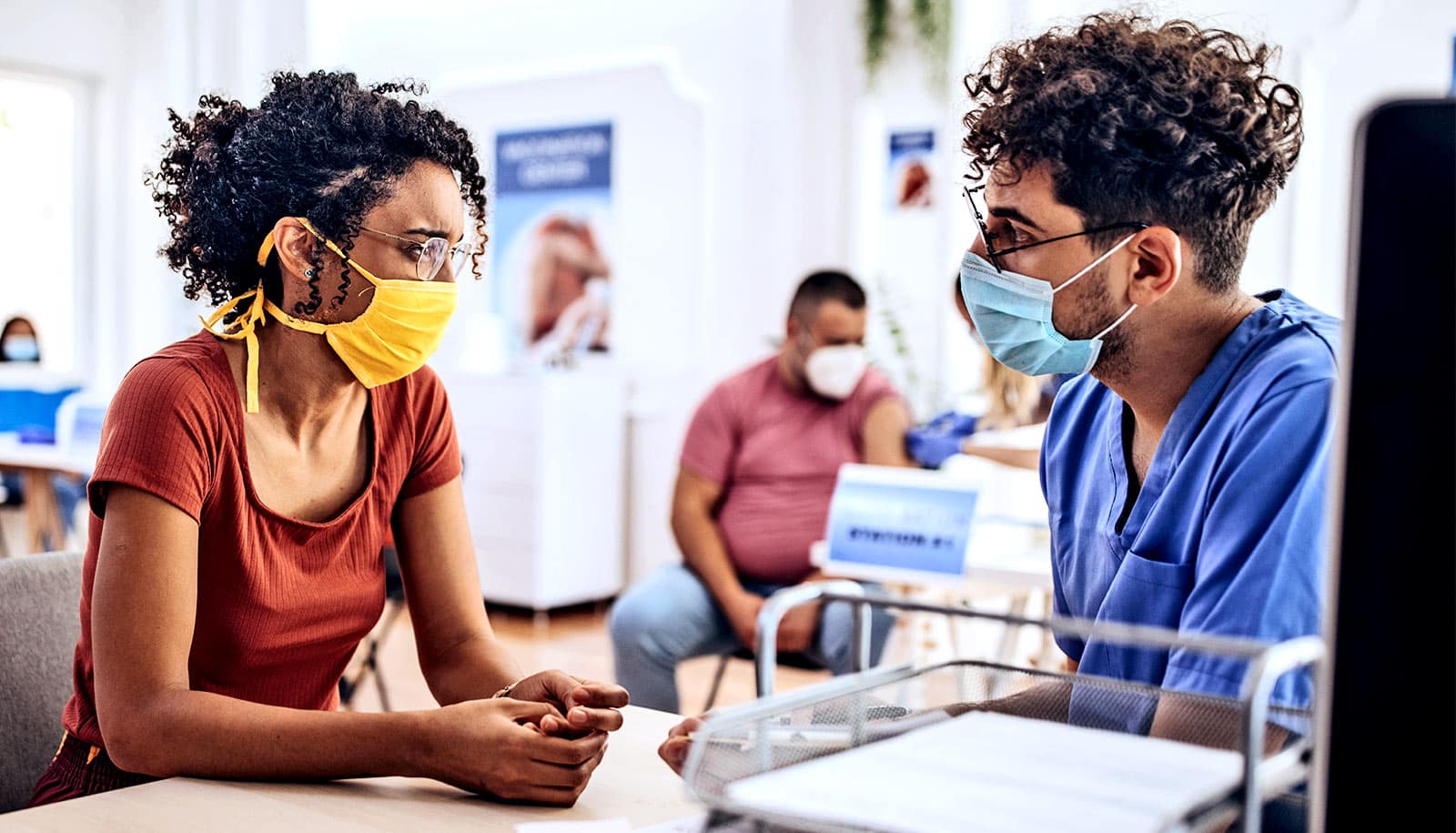How Americans view the medical profession shapes whether they are likely to get vaccinated against COVID-19, a new study shows.
Among people who were hesitant or initially didn’t want a COVID-19 vaccine, those who trust the medical profession were more likely to ultimately get vaccinated. In addition, people who were vaccinated and reported trusting their own doctor were more likely to get a booster.
In contrast, trust in public officials—including national, state, and local leaders—did not shift behaviors around vaccination.
“Our research suggests mobilizing the medical community is critical for addressing reluctance, uncertainty, and distrust of vaccines,” says Diana Silver, professor of public health policy and management at the New York University School of Global Public Health and the lead author of the study in the journal Preventive Medicine Reports.
Trust in government institutions, experts, and the medical community emerged as flashpoints in the polarized context of the COVID-19 pandemic. Medical professionals, including doctors and nurses, have long played a critical role in educating their patients about vaccination and administering vaccines, but the COVID-19 pandemic brought about new questions on the relationship among experts, trust, and attitudes toward vaccines.
For the study, the researchers analyzed data collected by Social Science Research Solutions from 1,967 US adults who were surveyed twice, once in April 2021 and again in June 2022.
The researchers asked participants about their levels of trust in the medical profession, their own doctor, and national, state, and local officials. The participants also answered questions about their views on the COVID-19 vaccine and whether they were vaccinated (in 2021 and/or 2022) and boosted (in 2022).
Levels of trust varied considerably between those who were vaccinated or eager to be vaccinated and those who were hesitant or refused to be vaccinated.
Among individuals who were vaccinated or eager to do so, 88% reported high levels of trust in their own doctors and 70% had high levels of trust in state and local officials.
In contrast, vaccine-hesitant individuals were far less trusting of officials: 46% reported high levels of trust in their own doctors and about 25% had high levels of trust in state and local officials. This pattern was the same for trust in federal officials and the medical profession.
Among those hesitant to get vaccinated in 2021, trust in the medical profession was associated with ultimately deciding to get vaccinated by 2022. And for those who were vaccinated or eager to be in 2021, trust in one’s own doctor was linked to seeking a booster by 2022.
The research also reveals how COVID-19 vaccines have been politicized: holding trust in officials and other factors constant, Republicans and Independents were far less likely to ultimately choose to be vaccinated or seek booster shots than Democrats.
The researchers conclude that engaging the medical profession in communicating the benefits of vaccines will be needed in future pandemics.
“The primary care workforce may, in particular, play an important role, given that many have long-standing relationships with their patients and have built trust,” says Silver.
The National Science Foundation supported the work.
Source: NYU



